
Bangladeshi Muslims Allegedly Acquiring Nepali Citizenship with the Help of Islamic Organizations
There are increasing concerns that Bangladeshi Muslims, including Rohingya refugees, are illegally entering Nepal and acquiring Nepali citizenship with the assistance of local Islamic organizations. Reports suggest that these immigrants are primarily entering through the Kakarbhitta border area in the eastern part of Nepal, which shares proximity with the northern regions of West Bengal, India.
Once in Nepal, these Bangladeshi Muslims are reportedly settling in the Madhes region, where they often work as laborers. The Islamic Sangh Nepal, along with other members of the Muslim community and influential leaders, is accused of facilitating the process of acquiring Nepali citizenship for these individuals, despite their illegal entry into the country.
Citizenship Manipulation Allegations
Sources indicate that Islamic Sangh Nepal plays a central role in this process by compiling lists of these Bangladeshi Muslims and sending them to the Nepal Muslim Commission and its Chairman. Allegedly, the Commission then falsely verifies these individuals as family members of Bangladeshi nationals who have already secured Nepali citizenship, allowing them to bypass legal scrutiny. Some of these Rohingya Muslims from Bangladesh have been able to obtain Nepali passports with help of Islami Sangh Nepal, and a few of these were caught recently in a foreign country.
The growing number of Bangladeshi Muslims gaining citizenship has raised concerns about demographic changes in the Madhes and Tarai regions. Experts fear that these actions are part of a broader agenda supported by foreign radical organizations like Jamaat-e-Islami Pakistan, which reportedly collaborate with Islamic Sangh Nepal. These organizations aim to alter the demographic balance in southern Nepal by increasing the population of Bangladeshi Muslims through illegal immigration and citizenship manipulation.
Political Influence and Pressure
In addition to their efforts to secure citizenship for Bangladeshi Muslims, leaders of the Islamic Sangh Nepal are reportedly engaging in regular discussions with leaders of various Nepali political parties. During these meetings, they are believed to be applying pressure on political figures to legalize the citizenship status of Bangladeshi nationals residing in Nepal, further complicating the issue.
Rohingya Refugees Add to the Challenge
Nepal is also facing an increasing influx of Rohingya refugees, fleeing persecution in Myanmar and number of such Rohingyas have entered Nepal since 2017. The number of Rohingya refugees in Nepal has now reached approximately 800, and although Nepal does not officially recognize them as refugees, they are living in group-like settings, often resembling camps.
The UNHCR (United Nations High Commissioner for Refugees) has issued identity cards to 370 Rohingya individuals in Nepal, with an additional 123 applications pending. Many of these refugees are now seeking to rent land in the outskirts of Kathmandu, particularly in areas such as Tikathali in Lalitpur and the outskirts of Bhaktapur. Humanitarian concerns have led Nepal to allow them to live without significant interference, though this has also raised security and demographic concerns.
Rising Security Concerns
Security agencies in Nepal have raised alarms over the increasing influx of illegal immigrants, including Rohingya refugees. This growing trend has become a matter of concern for Nepal’s national security as the illegal immigration threatens to disrupt the country’s social, political, and demographic fabric.
Authorities are being urged to address this challenge more effectively by preventing any attempts by Muslim organisations to call and facilitate stay of such Bangladeshi Muslims in Nepal, strengthening border surveillance and curbing illegal immigration activities, while also managing the humanitarian aspect of the refugee crisis.
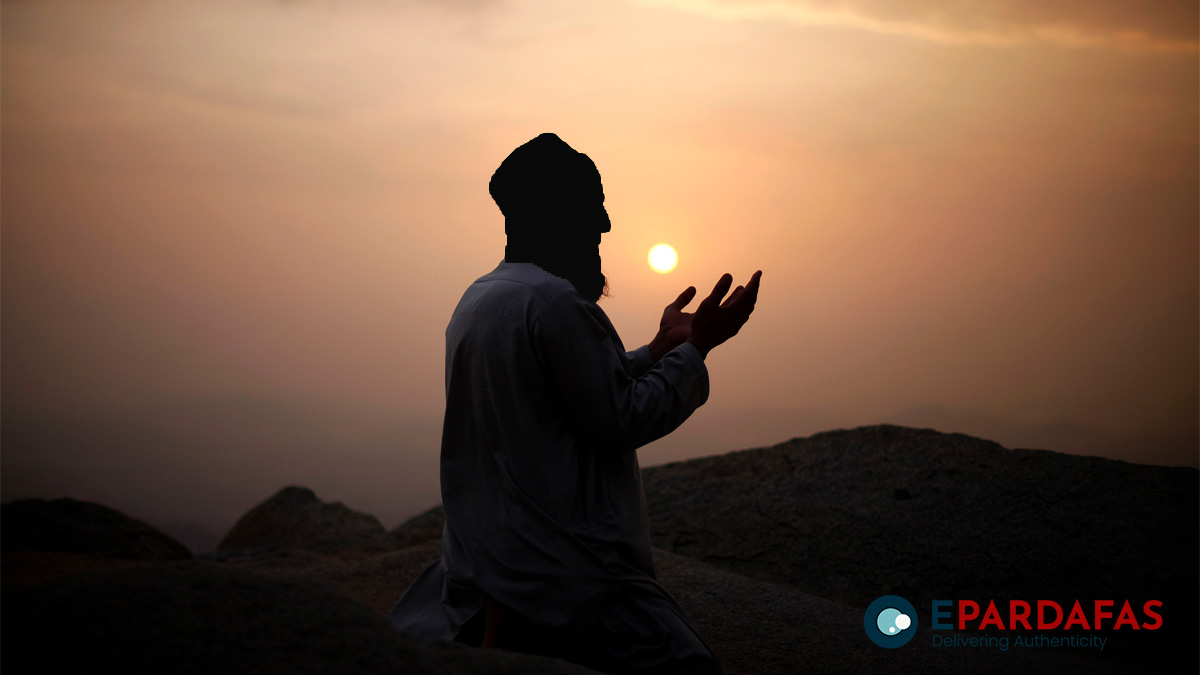

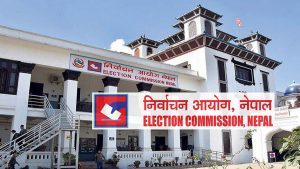
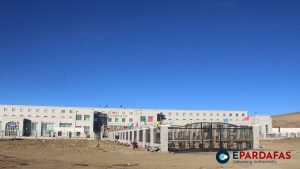
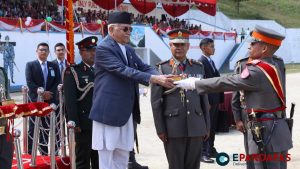
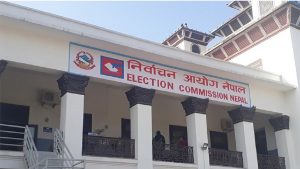





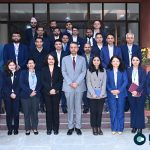
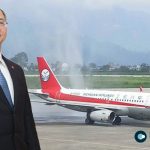
Comments